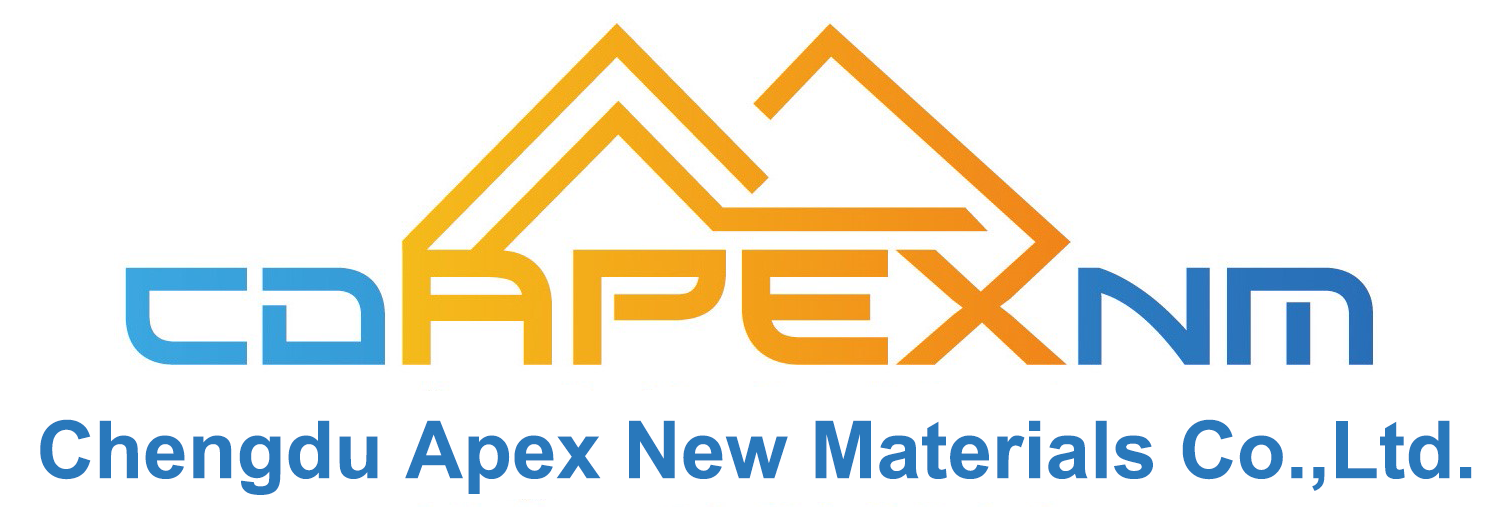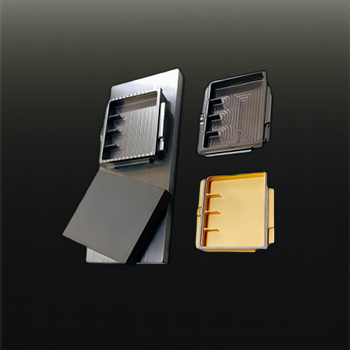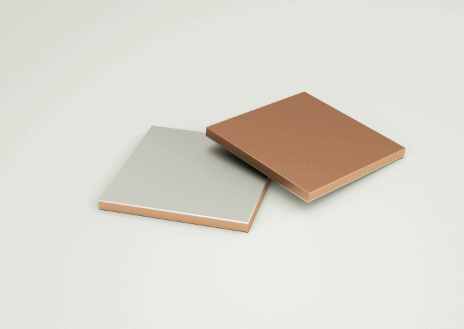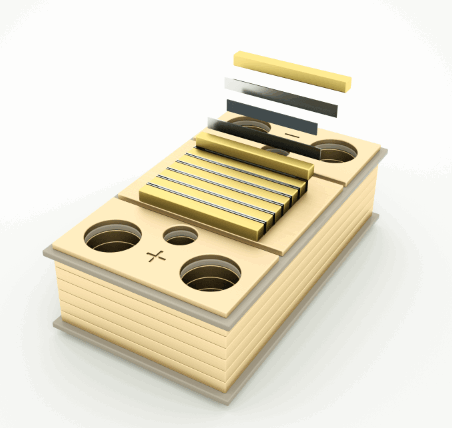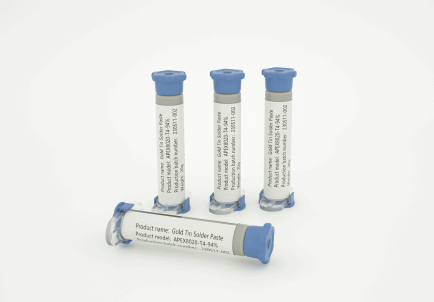The Essential Role of Flux in Electronics Soldering | Apex New Materials
Understanding the Crucial Role of Flux in Electronics Soldering
In the realm of electronics soldering, flux is an indispensable component that ensures strong and reliable connections. Grasping its function and selecting the appropriate type can significantly enhance the quality and durability of your soldered joints.
What Is Flux?
Flux is a chemical cleaning agent applied during the soldering process. Its primary purposes include:
- Removing oxides: It cleans metal surfaces by eliminating oxides and impurities, ensuring that the solder can bond effectively.
- Preventing reoxidation: By creating a protective barrier, flux prevents metals from reoxidizing during soldering, promoting better solder flow and adhesion.
Types of Flux
Choosing the right flux depends on your specific application. The main types are:
- Rosin-based flux: Derived from natural resin, it's commonly used in electronics for its excellent cleaning properties and non-corrosive nature.
- Water-soluble flux: Made from organic materials, it offers superior cleaning but requires thorough washing post-soldering to prevent corrosion.
- No-clean flux: Leaves minimal residue, eliminating the need for cleaning, ideal for applications where cleaning is impractical.
Why Is Flux Essential in Soldering?
Without flux, achieving a reliable solder joint becomes challenging due to the presence of oxides and contaminants on metal surfaces. Flux ensures:
- Improved wetting: Enhances the ability of molten solder to flow and adhere to component leads and PCB pads.
- Reduced surface tension: Allows solder to spread evenly, forming consistent and reliable joints.
- Minimized defects: Decreases the likelihood of issues like cold joints, bridging, and insufficient solder flow.
How to Apply Flux
Proper application of flux is crucial for optimal results. Common methods include:
- Flux pens: Offer precise control, ideal for spot applications.
- Brushes: Suitable for larger areas, allowing even distribution.
- Spray or foam: Used in automated processes for consistent application across multiple joints.
After soldering, especially when using water-soluble flux, it's essential to clean any residual flux to prevent potential corrosion or electrical leakage.
Apex New Materials: Your Partner in Advanced Soldering Solutions
For high-performance soldering applications, selecting the right materials is paramount. Apex New Materials specializes in manufacturing a variety of alloy solders and preformed alloy sheets based on gold, silver, lead, tin, indium, and other non-ferrous metals. Their products are widely used in high-precision fields such as electronic packaging, microwaves, aerospace, optical communications, high-power power electronics, 5G, artificial intelligence, new energy vehicles, and medical equipment.
By understanding the essential role of flux and partnering with industry leaders like Apex New Materials, you can achieve superior soldering results, ensuring the reliability and longevity of your electronic assemblies.
